How Restaurant Appliance Services Are Evolving With Market Demand
Restaurant appliance services are rapidly evolving to meet the changing needs of the food service industry. With growing demand for efficiency, reliability, and safety, businesses providing these services must adapt their offerings and technologies to keep pace with market trends. Operators expect their equipment to perform consistently while minimizing downtime and repair costs. This shift is driving innovation in how appliances are maintained, repaired, and installed across restaurants nationwide. In today’s restaurant environment, equipment failure can lead to significant losses, affecting not only food preparation but also customer satisfaction and overall business reputation. As such, proactive service solutions and dependable support have become more important than ever. Providers are continuously enhancing their capabilities to deliver timely repairs, thorough maintenance, and expert installation to ensure kitchens operate without interruption. These developments reflect a broader trend toward professionalizing appliance services to meet the evolving demands of modern commercial kitchens.
Advanced Service Practices
According to a recent report by The Business Research Company, the restaurant equipment market is projected to grow from $3.88 billion in 2024 to $4.2 billion in 2025. This increase reflects rising investment in commercial kitchen appliances, creating greater demand for professional services that maintain and optimize these assets. As the market expands, restaurant appliance services providers are responding by offering more comprehensive solutions and faster response times tailored to the operational needs of restaurants.
Restaurants operate on tight schedules, so reducing downtime during repairs is critical. Service providers are adopting improved diagnostic tools and scheduling techniques that allow technicians to troubleshoot issues efficiently and arrive prepared with the right parts. This approach helps restaurants avoid costly closures and keeps kitchen operations running smoothly. In addition, many providers now offer maintenance plans designed around the specific needs of restaurants, ensuring that equipment receives the right level of care at the right intervals.
Preventative Maintenance
Preventive maintenance has become an essential part of keeping restaurant appliances in optimal condition. Rather than waiting for equipment to fail, many restaurant owners schedule regular inspections and tune-ups. These proactive steps help identify potential issues early, reducing the likelihood of unexpected breakdowns during busy service hours.
Technicians perform detailed equipment inspections, cleanings, and minor repairs during these visits. Maintaining appliances regularly extends their lifespan and ensures they operate safely and efficiently. Regular servicing can help restaurants stay compliant with health and safety regulations, as well-maintained equipment is less likely to cause hazards or service interruptions.
Moreover, preventative maintenance helps restaurants save money over time by avoiding costly emergency repairs and extending the useful life of appliances. Many providers track service histories and recommend timely upgrades or replacements when equipment becomes outdated or inefficient, ensuring kitchens continue operating at peak performance.
Adapted Installation Services
With new appliances continuously hitting the market, many restaurants are upgrading or expanding their kitchen equipment to meet evolving customer demands and improve operational efficiency. Professional installation is crucial to ensure that new appliances function correctly from the start. Improper installation can lead to inefficiencies, safety risks, and costly repairs down the line.
Restaurant appliance services companies increasingly provide installation support, helping clients integrate new equipment into their kitchens smoothly. This service includes coordinating with manufacturers' specifications, checking connections, and verifying that the appliances meet all applicable safety standards. Installation technicians also ensure that appliances are positioned correctly for optimal workflow and accessibility, helping kitchen staff operate more efficiently and safely.
Safety and Compliance Inspections
Commercial kitchens are subject to strict health and safety regulations, and maintaining compliance is vital to avoiding fines and ensuring customer safety. Regular safety inspections by trained technicians help identify potential hazards such as faulty wiring, gas leaks, or malfunctioning fire suppression systems.
Service providers offer comprehensive equipment safety checks and recommend necessary repairs or upgrades to meet regulatory requirements. This diligence protects restaurant owners from liability while creating a safer environment for staff and patrons alike. Inspections typically include verifying that all appliances operate within manufacturer guidelines, checking for electrical and gas safety, and ensuring proper ventilation and fire safety measures are in place.
Additionally, regular inspections can reveal wear and tear that may not be visible during daily operations. Addressing these issues early prevents small problems from escalating into major failures or safety risks. Restaurants that prioritize safety inspections often experience fewer equipment-related accidents and enjoy a smoother regulatory approval process.
Flexible Scheduling
Restaurants typically have busy service periods, making maintenance and repairs a challenge to schedule. Recognizing this, many restaurant appliance services providers offer flexible scheduling options to minimize business disruption. This flexibility allows technicians to perform repairs or inspections during less busy times whenever possible.
Effective communication between service teams and restaurant management ensures that appointments are arranged at convenient times. This cooperation helps keep kitchens running efficiently while receiving the care they need. Providers often coordinate visits during early mornings, late afternoons, or scheduled downtime to avoid interrupting peak hours.
By offering flexible scheduling, service companies help restaurants maintain equipment without losing valuable operating hours. This approach is especially important for establishments that operate seven days a week or have multiple shifts, where downtime can severely impact revenue.
Quick Response Times
When appliances break down unexpectedly, quick repairs are essential to avoid lost revenue. Restaurant appliance services companies prioritize fast response times and emergency repair services to get kitchens back up and running promptly.
Technicians equipped with a wide range of replacement parts can often complete repairs in a single visit, reducing downtime further. Reliable service providers maintain open lines of communication throughout the repair process to keep clients informed about repair status and expected completion times. This transparency builds confidence and helps restaurants plan around repairs.
Many providers also offer service contracts that include guaranteed response times, giving restaurant owners peace of mind knowing their equipment will be serviced promptly when problems arise. This reliability is a major factor in choosing a service partner, as extended downtime can result in lost customers and revenue.
Enhanced Expertise and Reliability
Choosing a dependable restaurant appliance services provider is critical in a competitive market where consistent equipment performance directly affects revenue. Operators look for companies with extensive experience, quick turnaround times, and strong customer support. Providers that invest in ongoing technician training and carry a broad inventory of parts stand out as trusted partners. Reliability isn’t just about fixing equipment—it’s about being available when it matters most and having the expertise to handle a wide range of kitchen appliances, from fryers and ovens to refrigeration and prep equipment. Consistency in service builds confidence and long-term business relationships.
By evolving to meet the practical demands of the food service industry, these providers help restaurants reduce costs, improve efficiency, and enhance customer satisfaction. Their role is vital in supporting the daily operations of kitchens nationwide. A trusted provider can also offer valuable advice on equipment maintenance schedules and help restaurants prepare for future equipment needs. This level of partnership enables restaurant owners and managers to focus on delivering quality food and service while knowing their kitchen systems are in reliable hands.
As restaurant appliance services continue to evolve with market demands, embracing reliable repairs, preventative maintenance, installation expertise, and flexible scheduling remains key. For businesses seeking expert care that keeps kitchens running smoothly, Maintenance Chef offers professional, dependable support tailored to your needs.
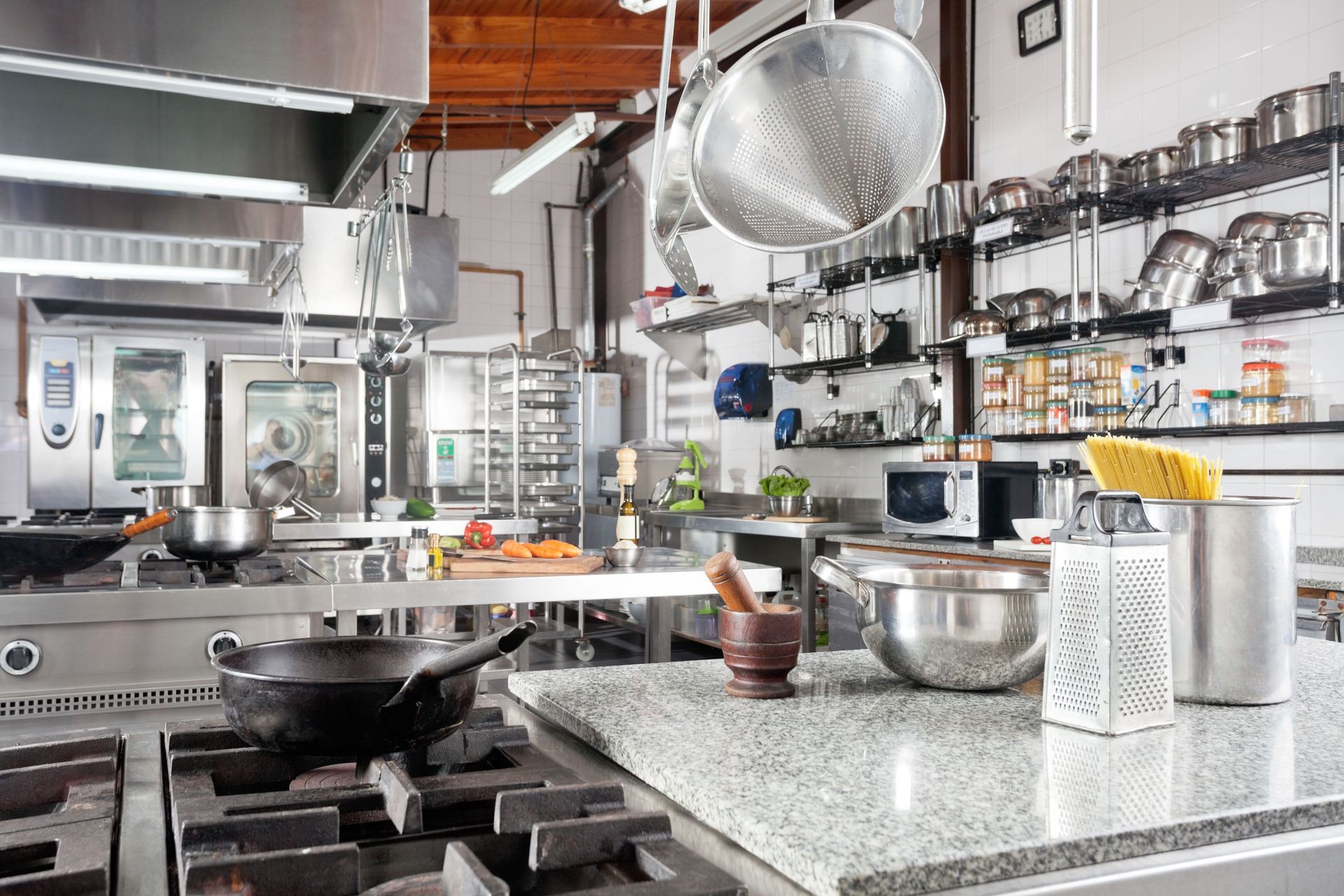
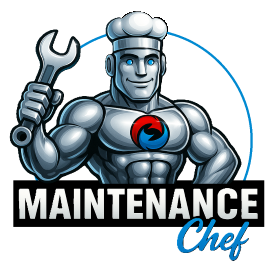
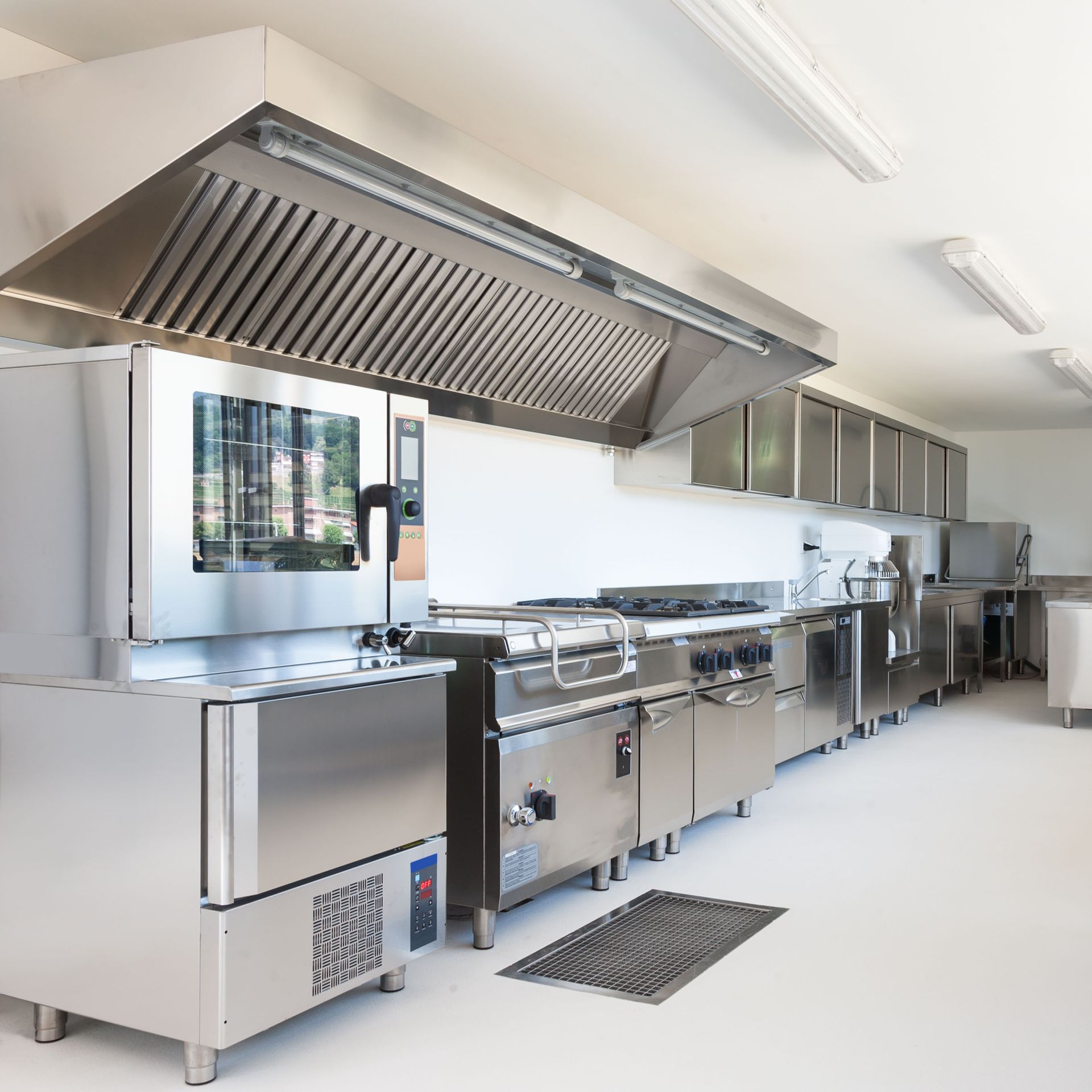
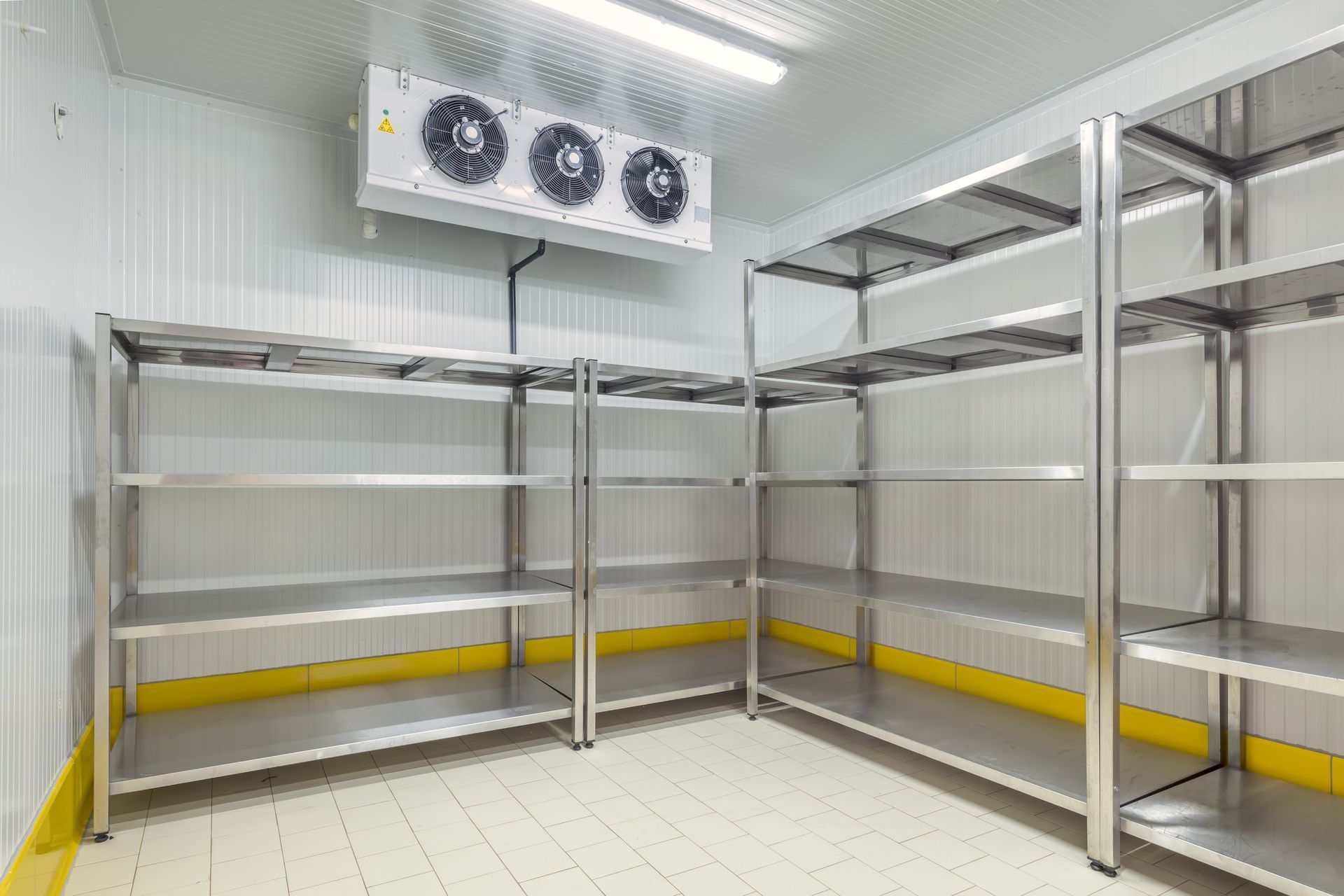
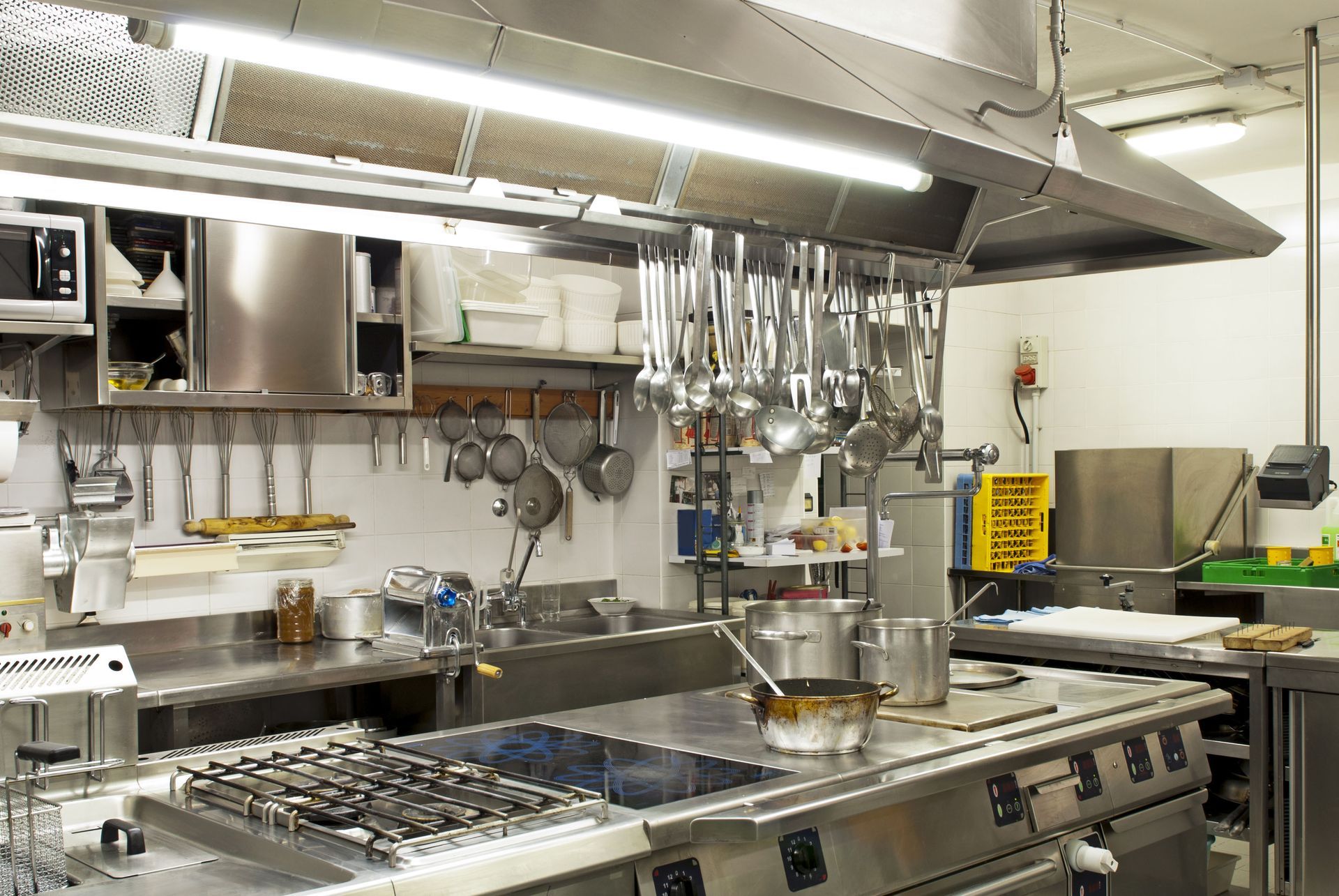

Share On: